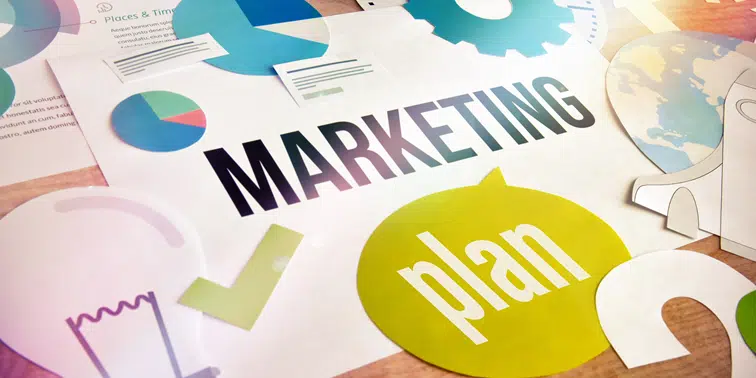Networking is a great tool to meet, learn and collaborate. It’s about growing your business, making new contacts, winning new clients and selling your wares.
We’re advocates of local networking groups (the business card is still key at such events) but it’s not just about turning up to a breakfast meeting or attending a lunchtime network session. Use the digital marketing tools at your disposal to network your socks off and generate quality leads.
Are you on LinkedIn? If not, get yourself on there as soon you can.
Just like attending a networking session, LinkedIn is about growing your network of contacts to help grow your business.
As a business2business (B2B) social channel with networking at its core this social media platform allows you to connect with other professionals, clients, colleagues, prospects and employers.
Pre event LinkedIn activity
Whether you’re attending an actual networking event or going to a trade exhibition or conference, the organisers usually share a list of attendees before the event. If you don’t receive one, it’s worth asking the organiser just in case.
Check what companies you’d be interested to do business with or collaborate with. Then send a message to them via LinkedIn to say that you’re also attending the same event and whether they would like to connect. It’s all about building your network.
Our blog – How LinkedIn can Grow your Business – has key points for you to consider.
Post event check list
Remember to log your new contacts into your CRM (Customer Relationship Management) system.
Follow up with contacts you’ve met at the event expressing how good it was to meet.
You could send an email with information pertinent to your lead. If you discussed a specific topic, continue the conversation.
Connect with them on LinkedIn!
Research local networking groups
As part of your business development strategy and ongoing networking on LinkedIn, take a little time to research the local networking groups near you. With flexible working on the rise and more people setting up their own business, new style networking hubs are cropping up more and more. Whether it’s speed networking, breakfast briefings or socials, get searching for what’s near you.
Social Media for your business
If you feel you need a kick start on using social media for your business, get in touch today and we can talk about the best digital marketing approach to generate leads.



